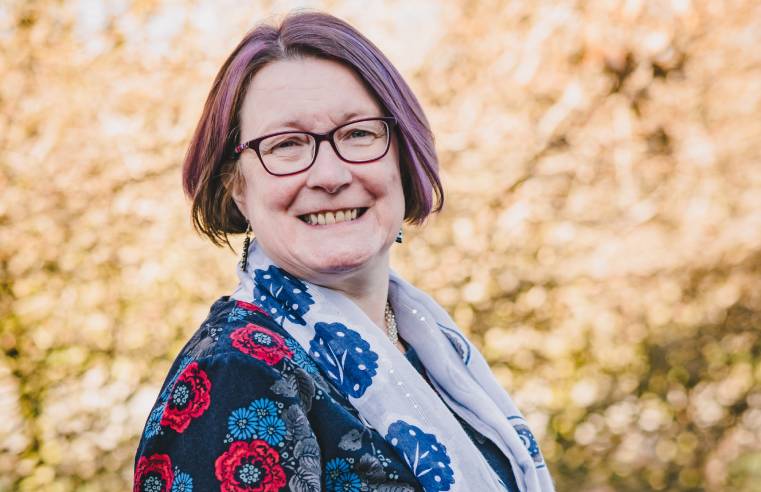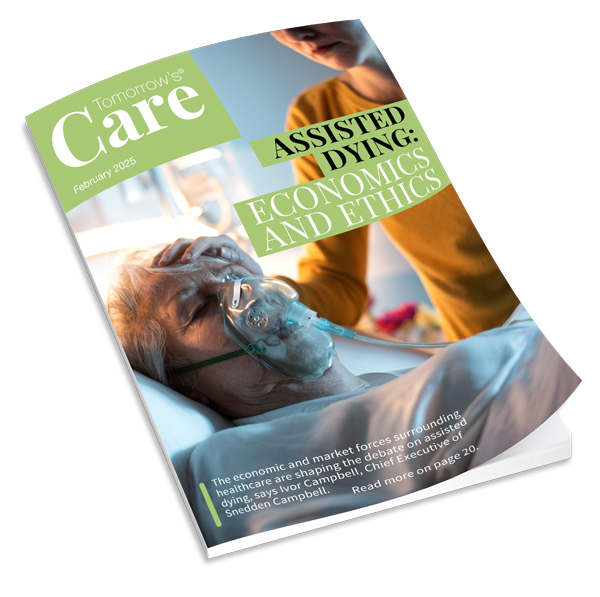A new report published today (12 April 2022) echoes mounting calls for the UK government to improve technology-enabled dementia care and prioritise digital tools that can transform the way dementia care is delivered and facilitate a paperless way of working.
Published by PainChek, the world’s first artificial intelligence (AI)-powered pain assessment tool, the report launches in the wake of the UK government announcing plans to reform the social care sector and achieve digitisation of 80% of social care records across the sector by 2024.
The whitepaper: ‘Modern Pain Assessment in Aged Care – the challenges, guidelines and practices’ confirms the growing need for digital tech solutions to help support care providers with delivering improved care outcomes and keep pace with technological advances, and highlights the challenges facing UK care homes when it comes to pain assessment and dementia care.
Available free to UK care providers and care professionals, PainChek hopes the report will add to the social care sector’s calls for improvements to dementia care at a time when worldwide cases of people living with dementia are predicted to treble by 2050, as its CEO and managing director Philip Daffas, explained: “Dementia has become one of the most important health and social care issues for the UK and indeed across the world. Now is the time to transform dementia care, but this will only be possible if the UK government commits to improving and investing in technology-enabled care.”
In a speech at the Care England 2022 Conference and Exhibition, the Secretary of State for Health and Social Care, Sajid Javid, confirmed the government’s understanding of the potential of digital technology for the social care sector. He said: “We know that digitising records brings huge advances, yet 40 percent of providers still have almost entirely paper-based records. I think digital records are basic responsibility, and that’s why I’ve set the target of 80 percent of social care providers digitising care records by March 2024…we’re determined to support you in that endeavour, supporting providers with the connectivity and digital skills they will need to recover and reform in the years ahead. A lot of this promising technology is already with us. I’m also excited about what machine learning and AI can offer in helping us deliver care that is personalised.”
However, the government has wildly underestimated the costs of reform by at least £850m a year, according to analysis by LaingBuisson of a recent report. “We know that around 40 percent of UK care providers are still using entirely paper-based systems,” said Philip. “And whilst we welcome the government’s much-anticipated plans for social care reform in the UK, greater investment is needed to help providers adopt technology and fully integrate it into their everyday work.
“Worldwide, cases of people living with dementia are predicted to treble to 153 million by 2050,” he continued. “Timely detection and management of pain is integral to ensuring high quality care and quality of life for care home residents living with dementia, and this starts with accurate pain assessment for those unable to self-report their pain.
“The right tech solutions support better care outcomes in all people and are usable by every health and social care professional in all settings,” Philip added. “Point-of-care recording and powerful reporting reduces the administrative burden on care home staff, empowers the whole workforce, and equips them with the means and information to better care for and treat residents.”
The whitepaper is free to download from the PainChek website here.
























